B2C marketing across the globe can attest to the day-to-day benefits of working with a marketing automation platform – omnichannel communication, contextual messaging, timely blasts; the platform does it all. Today, 80% of businesses increase their lead generation with marketing automation, and a whopping 63% of marketers plan to increase their marketing automation budget this year.
By leveraging technology such as automation, companies can streamline their efforts, boost sales, and reach a wider set of audience. Organizations save a lot of time and resources using features like personalized messaging, cart abandonment emails, text reminders, and trigger-based omnichannel campaigns.
In this article, we will explore the concept of B2C marketing automation, its importance for businesses, and how to make the most out of it.
BONUS READ: A Comprehensive Guide to Different Types of Marketing Automation
What is B2C marketing automation?
The use of automation software to automate marketing tasks and processes such as email marketing, social media management, personalized messaging, lead generation and nurturing, and customer relationship management in a business-to-consumer context is called B2C marketing automation.
By automating these tasks, teams can focus more on the strategy front, leading to improvisation in the system. While B2C automation touches upon a wide spectrum of marketing operations, the objective is to enhance efficiency, improve customer engagement, and drive sales in the B2C marketing landscape.
Importance of B2C marketing automation
B2C marketers who use automation raised their sales pipeline rate by 10% on average. Automation tools bear the weight of keeping brands at top-of-mind of customers. Marketing teams today cannot be agile without an automation tool unblocking them on operations, insights, scalability, and improvisation.
- Cost savings: Marketing automation significantly reduces the time, effort, and bandwidth spent on executing marketing campaigns, allowing teams to focus on more creative and strategic tasks.
- Enhances engagement: When customers receive timely and personalized messages, their interest in business increases, leading to a stronger relationship with the brand.
- Lead nurturing: Automation supports companies from the initial days of sprouting a lead to nurturing it through relevant content, prompts, and support on the sales funnel.
- Lower TATs: Faster resolution and turnaround time to market leads to lower attrition and higher customer loyalty. Automation’s primary benefit to marketing teams is scalability and the ability to handle large volumes of leads without any delays.
The global marketing automation technology market is projected to reach $25.1 billion by the end of 2023 – with stats like that; marketers cannot deny the importance of automation in marketing.
Understanding B2C Marketing Automation
The worldwide marketing automation industry will be worth USD 8.42 Billion by 2027. Lead-based marketing, account-based marketing, or purely customer-led, regardless of which sector a business operates in, marketing automation is a must.
Look at Airbnb for instance, the brand uses automation to send out welcome emails to all new users who sign up on the platform. It’s a clean, simple, and actionable email that looks great on desktops and mobiles.
The intent behind this email is to reach out to customers as soon as they join the tribe and nudge them to finish their profile. Once users set themselves up on the platform, they are more interested in pursuing bookings, and Airbnb hosts find it easier to approve profiles.
Types of B2C marketing automation
As discussed above, there is a variety of marketing automation like emails, web personalization, social media, and push notifications, and at least 1 type of marketing automation technology is used by 75% of all businesses.
2023 has seen the advent of various new technologies entering the marketing automation reign. Machine learning and Artificial intelligence to store data and gather insights, and chatbots for customer experience. 63% of companies using automation outperformed competitors. Lets’s explpre most popular forms of marketing automation:
- Email Marketing Automation: Using automation to send out trigger-based emails to customers that are personalized, timely, and creative.
- Social Media Automation: This automation allows teams to schedule social media posts, gain insights into traction, enable customer management and build an active profile.
- Content Automation: From creating content to managing its distribution, content marketing automation tools automate everything and streamline the process. Repetitive tasks such as content scheduling, social media posting, email campaigns, and analytics can be taken care of.
- Search Engine Optimization (SEO) Automation: SEO automation is a complicated aspect of content creation where a lot of technical tasks take over the performance. SEO automation tools help optimize website content, keywords, and metadata, improving search engine rankings, on-page optimization, link building, content analysis, and tracking website performance.
- Customer Relationship Management (CRM) Automation: All things CRM is a pain point for business today. It includes lead management, customer communication, sales tracking, and customer support automation.
- Lead Generation and Scoring Automation: B2C automation software offer a robust lead-capturing facility, empowering business to store the information of a customer through various channels such as forms, landing pages, bots, and lead magnets.
- Reporting & Analytics: Data insights rule the world of marketing, and automation empowers teams to be better at what they do. 35% of marketers say automation improves data and decision-making.
- Behavioral tracking: Marketers need to know what their customers are doing while using the product – user journey, behavior, drop-off points, clicks, and interaction. This is the core marketing material basis on which decisions are made.
For example, welcome emails, abandoned cart reminders, and personalized offers.
Here’s an example from Dyson that employs clear, helpful language, uses product images, creates urgency, and includes two CTA buttons for seamless purchase completion.
Today, social media teams also use this software for monitoring, CRM, advertising, content curation, ROI calculation, and more.
Here’s a quick example of what the Later’s internal dashboard looks like for marketing teams.
With CRM automation, businesses can efficiently capture, track, and nurture leads, automate personalized customer communication, manage sales activities, forecast revenue, automate support ticket handling, and gain valuable insights through analytics and reporting.
They also offer segmentation of leads, categorizing them based on geography, opportunity size, behavior, and interests. With this data, teams can create personalized campaigns and increase conversions.
These tools provide comprehensive insights into the performance of marketing campaigns, customer engagement, and overall marketing ROI, helping businesses to refine their marketing efforts continuously.
BONUS READ: The role of data in marketing automation (TLDR: Data-in, Junk-out)
This provides valuable insights into customer preferences, interests, and intent, allowing businesses to understand their audience better. By analyzing this data, businesses can create targeted and relevant marketing campaigns that align with customer needs.
Examples of B2C Marketing Automation
91% of marketers surveyed by Instapage say that marketing automation workflow is very important to the success of their marketing campaigns, and there is no doubt that teams around the globe have adopted it so fast.
We love this email sent by Dropbox to its users after an interaction with customer support. In times of need, users immediately rush to customer support to unblock themselves. Traditionally, businesses have been sending SMSes or requesting users to rate their support on call – but modern times require modern measures.
Let’s talk about what we like in this email:
- This is a trigger email by Dropbox. Which is sent to the user as soon as their ticket is closed
- It is personalized (starts with the name)
- Copy is contextual
- Seeks rating at a time when users are highly likely to give (either the support helped or didn’t, either way, the user is sitting on strong emotions)
- It’s simple. It’s crisp.
When businesses optimize campaigns using the full potential of the automation tool, they reach a path of massive loyalty with their customers.
Another incredible example of a resurrection campaign is from Duolingo. Using an automation tool, growth managers can block a time, post which the tool will send out resurrection emails to customers to bring them back to the platform.
This is usually done with the intent to increase daily active users or convert dormant users into an active base. Here, Duolingo sent out an email to a similar user who wasn’t active on the platform.
The creativity lies in the usage of the brand mascot and simple messaging. This email stands out for us because it’s to the point, drops the message, and gets the job done.
Choosing the right B2C marketing automation solution
Now you understand that marketing automation is your closest alley to running smooth marketing operations and streamlining your processes. But how do you map the efficacy of the tool or even proceed in selecting one?
48% of surveyed marketing professionals think that conversion rate is the topmost priority for marketers to measure the effectiveness of marketing automation. The second most commonly requested feature is the tool’s ability to support qualifying leads and the total number of leads it can nurture.
Overall, marketing automation is the most important tool in a marketer’s tech stack. Here’s how teams can make that decision more tactical.
- Business Needs: Tools today offer a variety of services, but before selection, it needs to be assessed with the specific marketing requirements and objectives of your business. Consider the scale of your operations, target audience, desired features, and integration capabilities with existing systems.
- Ease of Use: We highly recommend reading a few testimonials and user reviews about the ease of use of the platform. Teams need to check for an intuitive interface. Easy integration, support, onboarding documents, and easy navigation with a minimum learning curve for your team.
- Customization Options: 79% of companies use automation for marketing, compared to 45% for sales and 33% for finance; thus, customization is key to its functioning. Seek tools that allow your teams to tailor workflows, work together, create mutual campaigns, and access data cohesively.
- Integration Capabilities: According to a survey, 55% of marketers think easy integration with their existing tool stacks, such as CRM, email marketing, or e-commerce platforms, is critical. This allows for efficient data exchange and a unified view of customer interactions.
- Scalability: Another critical factor to consider is the scalability of the tool. For instance, today, your user base is 2,000. However, one year from now, it could be 30,000! So, the question is would the channel be able to handle it? Look for a solution that can scale your business without compromising performance or functionality.
- Support and training: A silent pain point that often gets disregarded is the support and training element for the team. Businesses do not want their teams to get lost in documentation or work with insufficient material. Make sure the tool has enough documentation to get the ball rolling.
Read more: Calculating the ROI of a Marketing Automation Platform Down to the last penny!
While this was all about measuring the health of the platform and if you can deem it fit with your needs, the next aspect of analysis comes to its comparison with other tools in the market. When everyone offers the same service, how do you evaluate it?
- Feature Set: Compare the features offered by different tools and assess how well they align with your specific requirements. Look for features such as lead management, email automation, personalization, analytics, and social media integration.
- Pricing Structure: It may seem like B2C marketing automation platforms are not far from each other in pricing. However, even a minor difference in subscription cost or pricing of a feature could have a significant impact on monthly billing.
- User Reviews and Reputation: As a business or someone in the position of deciding on the tool selection, you want to check whose company you’re going to be.
The best way to make the most of your plan is to calculate it from your business requirement back. Find if the pricing aligns with the value and ROI you expect to derive from the tool.
Start by researching reviews, testimonials, and case studies to gauge the reputation and satisfaction levels of existing customers. This will unlock insights into the effectiveness & reliability of the tools.
B2C marketing automation tools are designed to cater to specific channels or activities within the marketing process. These tools may specialize in email marketing, social media management, live chat support, customer segmentation, or omnichannel marketing.
Your core decision should be based on what this tool can offer you, and as a business, it is imperative to conduct 360-level research.
Best practices for implementing B2C marketing automation
Run through the following best practices to implement top-notch B2C platforms for your business:
- Define Goals: As discussed above, assign KPIs to your automation platform and chart out a clear roadmap of how it will help the team fulfil its marketing goals. Make sure the system offers every functionality that you want to achieve for your business.
- Organize Data: Your tool is only as good as the data empowering it. Before you start, ensure that your customer data is flowing seamlessly into the system. Eliminate duplicates, standardize formats, and regularly clean your database for better segmentation, personalization, & overall performance.
- Segment Audience: Once your data is good to roll, bifurcate your audiences for personalized marketing campaigns. Segment them over buying behavior, demographics, or interests. This allows you to tailor your messaging and offers to specific segments, maximizing engagement and conversions.
- Map Customer Journeys: Identify where your customers need you the most, understand their touchpoints, & build journeys. This helps identify opportunities for automation, such as triggered emails, personalized recommendations, and timely follow-ups.
- Test & Optimize: A/B testing is a marketer’s best friend. With automation tools, teams can test out numerous hypotheses before they stumble on one thing that resonates with their users. A/B test campaigns, subject lines, CTAs, or content variations, and make data-driven adjustments.
Common mistakes to avoid
Globally, task switching costs 40% of productivity, which may be decreased by automating most processes. Therefore, the need for automation is more than ever. But how does one gauge that their efforts are headed in the right direction?
Here’s a quick list of common mistakes that costs companies time, money, and bandwidth and how to avoid them.
- Lack of Strategy: When teams jump to onboarding or selection without evaluating the use case or a clear strategy, they suffer. It leads to disjointed campaigns and wasted resources. Define your goals, target audience, and desired outcomes before diving into automation.
- Poor Data Quality: The events that flow into your system, telling you customer activities about buying, referral, or abandonment, need to be 100% accurate. Relying on inaccurate data can kill your campaigns. Ensure you clean your data and have regular checks.
- Over-Automation: Human intervention is crucial, even for automation. While tools can help you scaly our campaigns or kickstart basis a trigger, the sentiment, communication, message, creativity, and essence need to come from a human. Be sure you don’t let automation kill your relationship with users.
- Neglecting Analytics: Setting up your campaigns is only half the job. The remaining task is to go back and study the data. To ignore optimization basis past learnings would be a marketing sin. Keep coming back to your campaigns, monitor them, and make data-driven decisions.
- Lack Of Training & Support: 59% of users feel they’re not using their automation tools to the fullest Leaving your team in isolation post onboarding would reap zero results. Leadership needs to create space for teams to learn and make the most of their automation investment.
Conclusion
Be it email, landing pages, push notifications, data insights, or social media – automation has seeped into marketing teams like the fuel for their engines. Today, each team is heavily dependent on automation, from generating clear insights to storing data to taking the campaign live.
By automating repetitive tasks, businesses can focus on what matters – creativity, strategy, and personalization and nearly 80% of marketers acknowledge marketing automation as the #1 contributor to their success.
WebEngage is your full-stack marketing automation partner. With 800+ global brands using WebEngage for their daily marketing operations, we assure you that you will be in good company.
Want to learn how leading teams use marketing automation to boost their revenue, streamline workflows, and increase productivity at least by 20%? Reach out to our team at WebEngage to book a demo today!































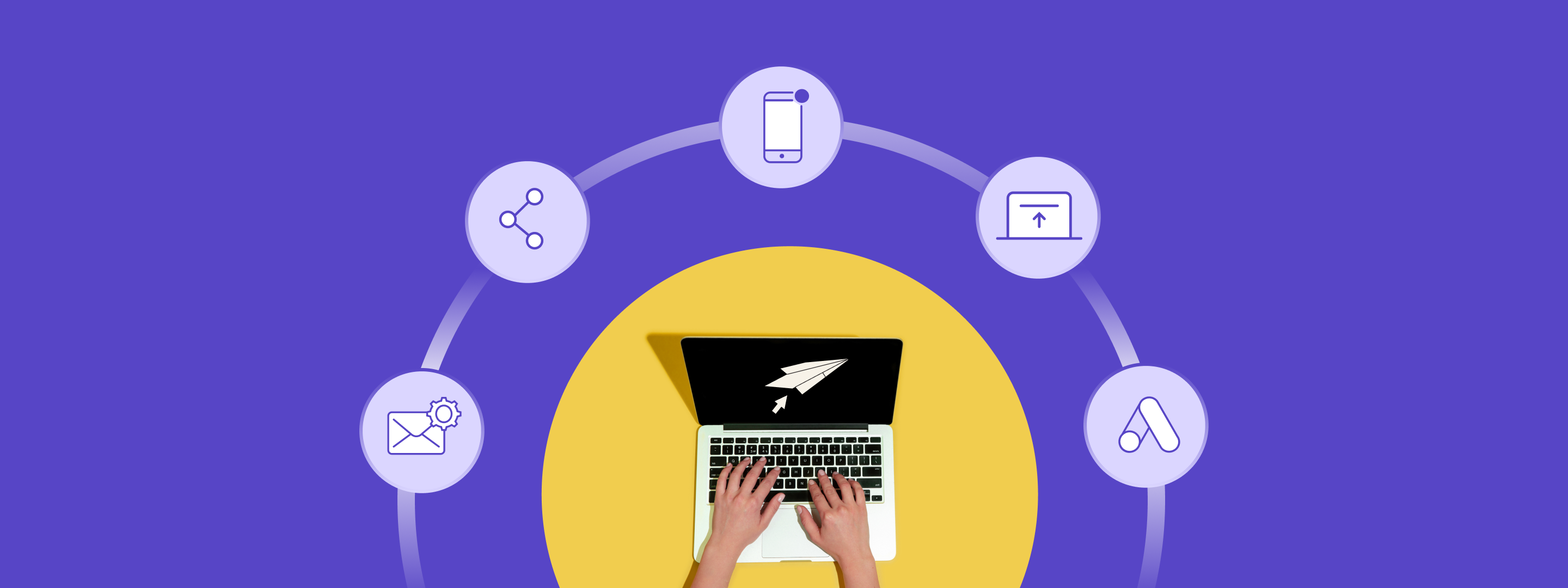
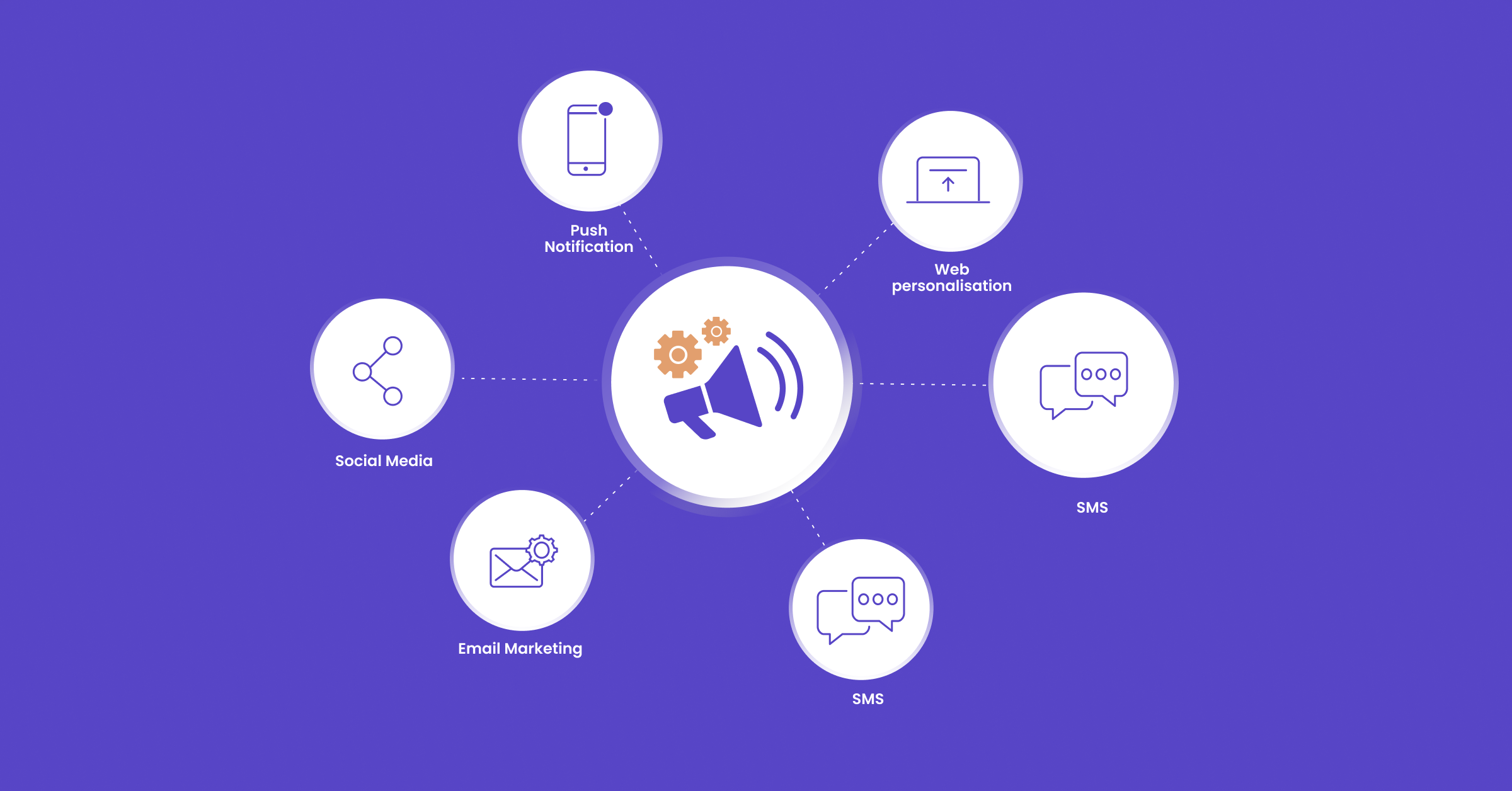
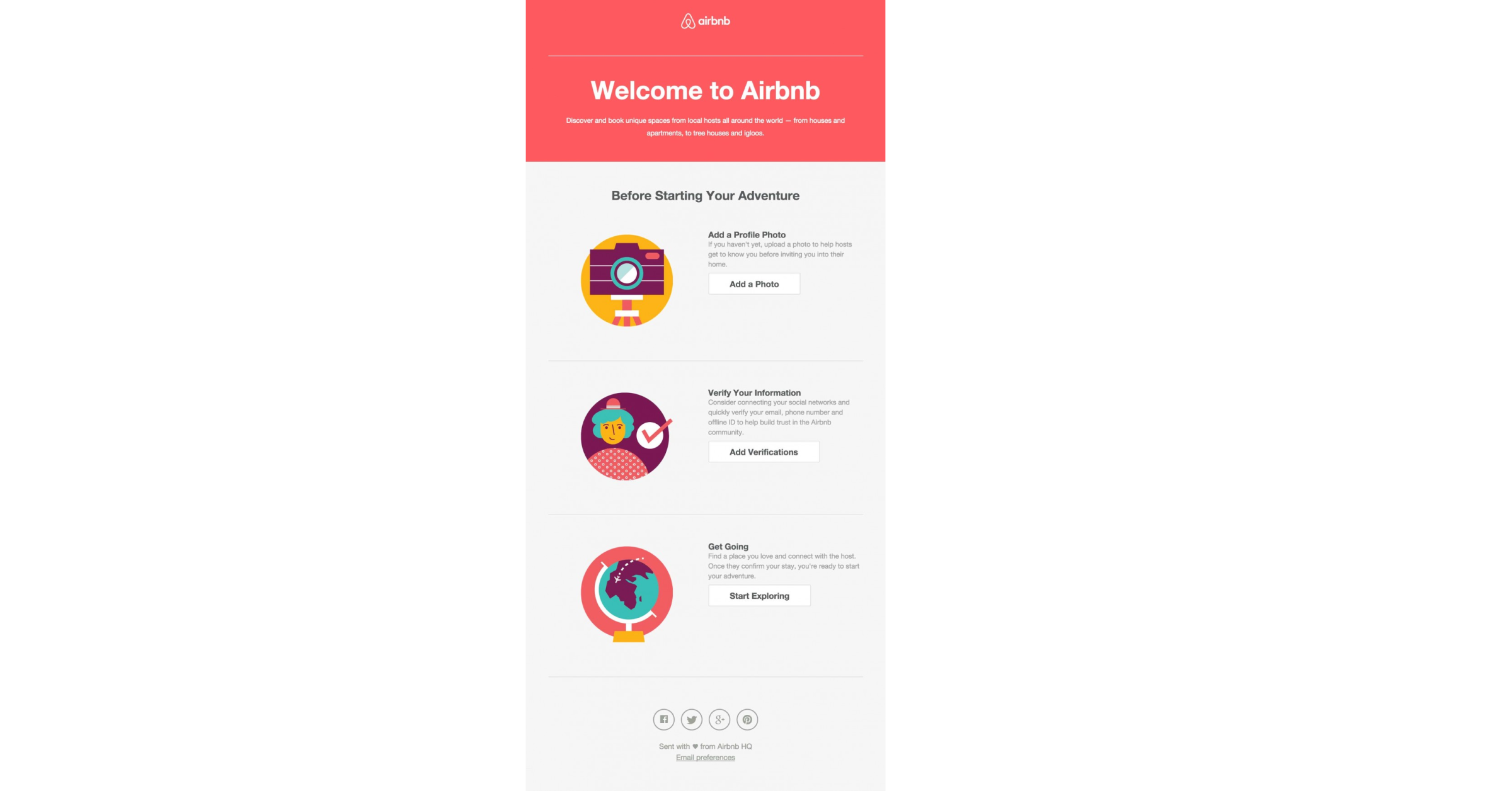
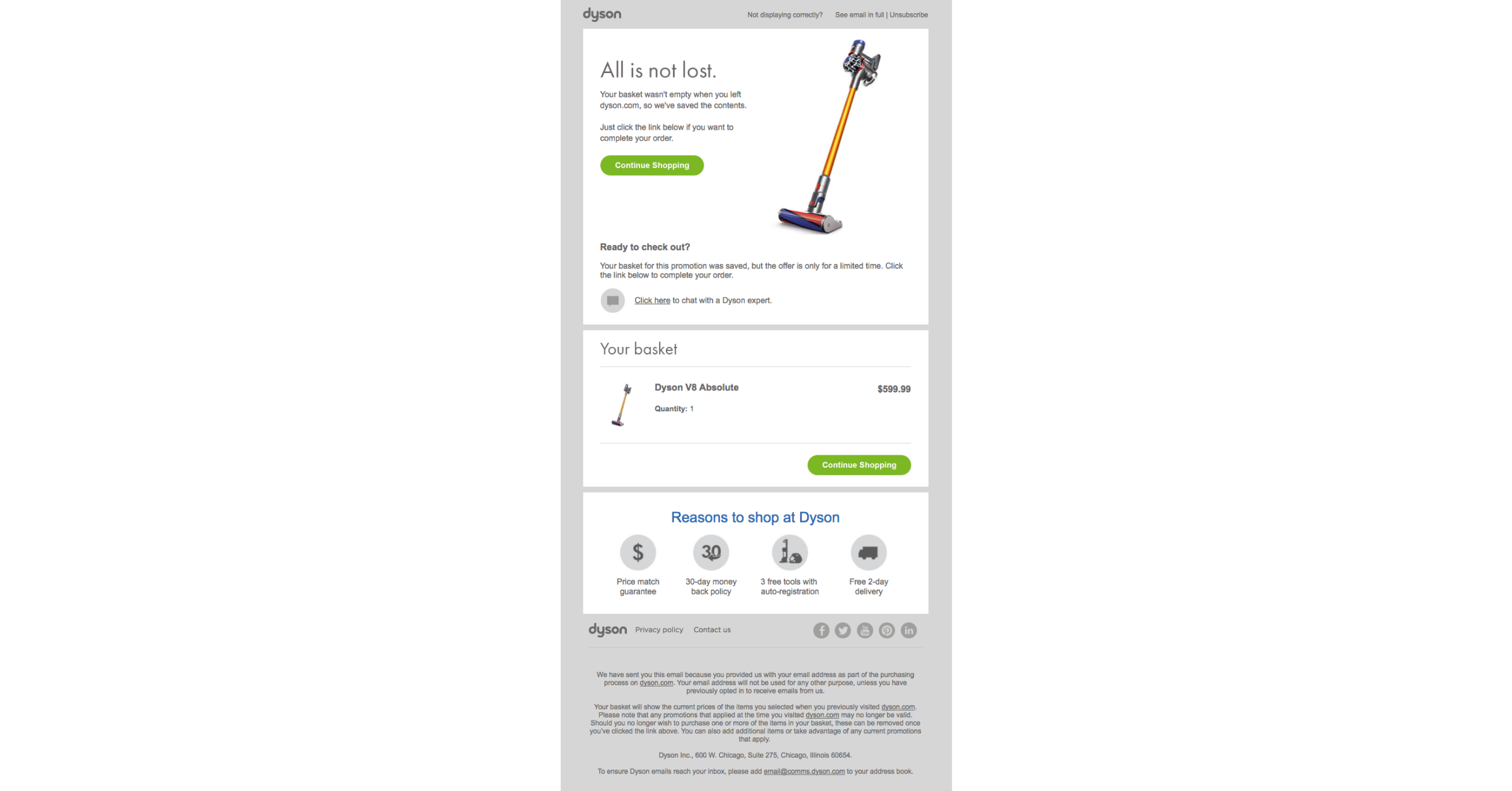

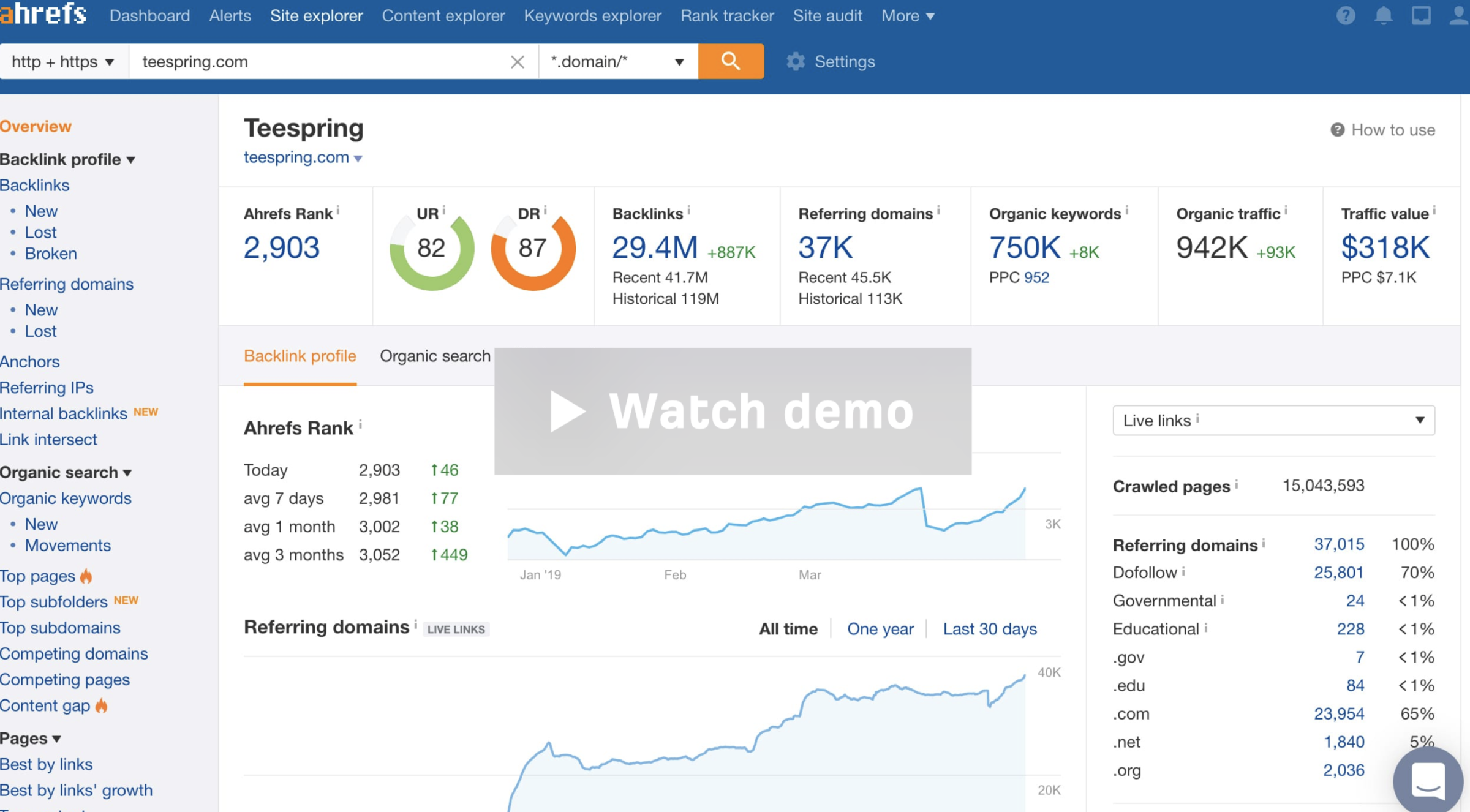



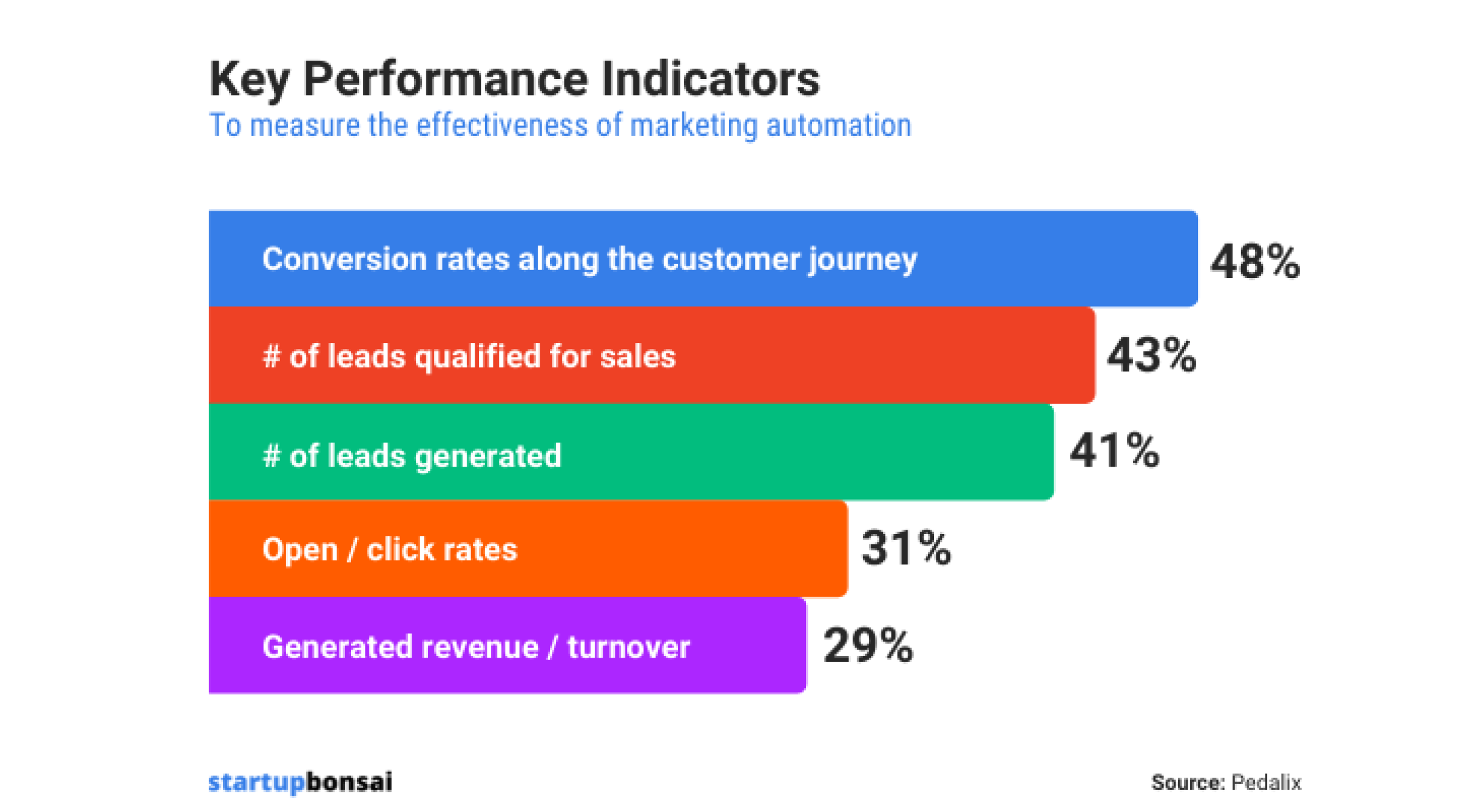

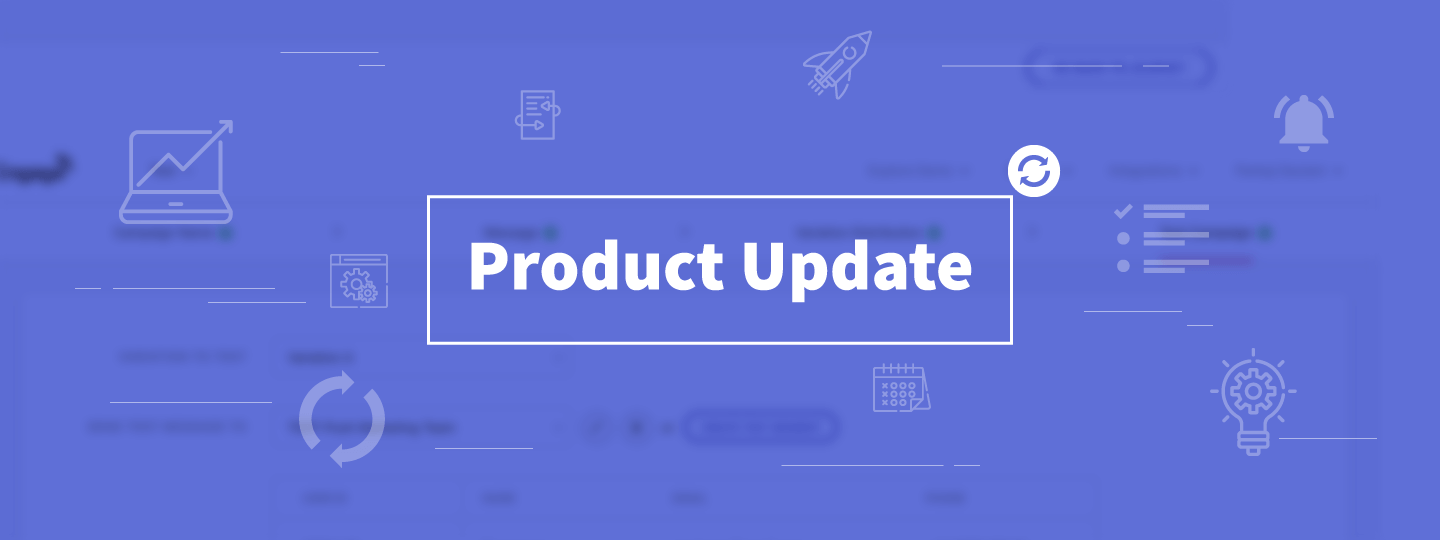
 Harshita Lal
Harshita Lal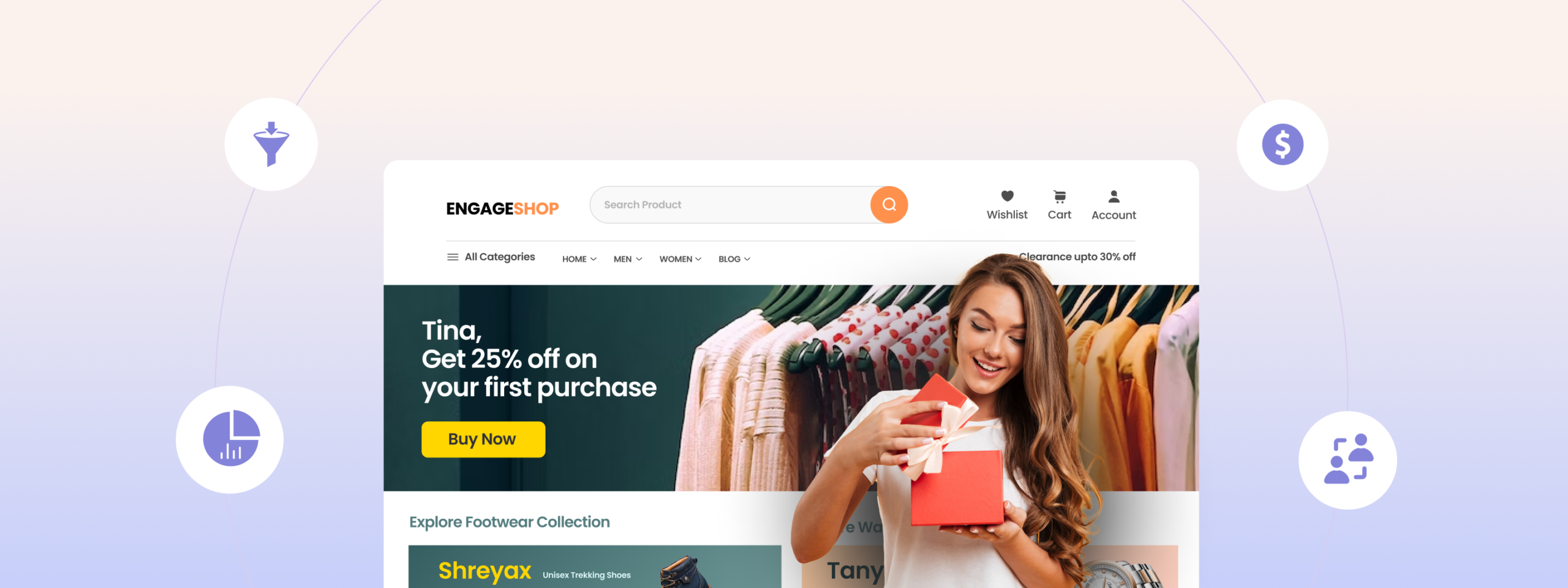
 Diksha Dwivedi
Diksha Dwivedi
 Sharath Byloli
Sharath Byloli






